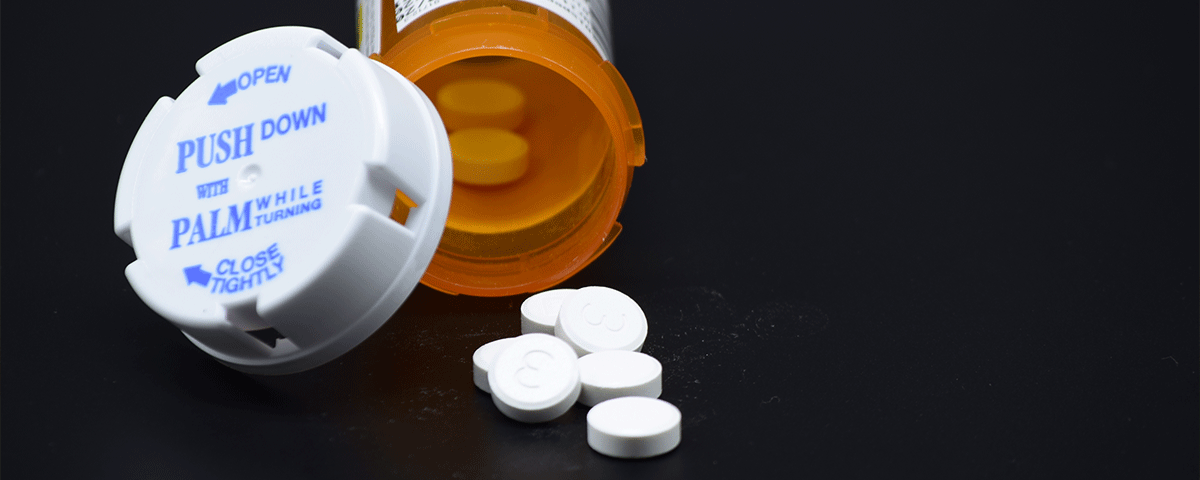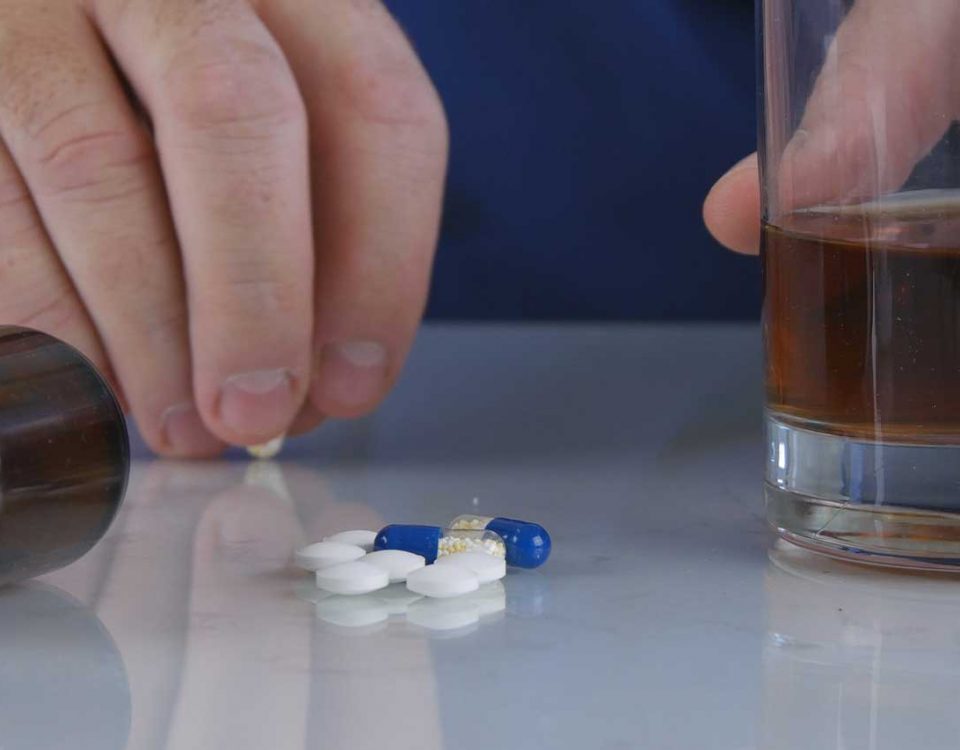Hydrocodone and codeine are two opioid drugs that are commonly prescribed to treat pain.
These are also two of the many opioids that have contributed to a drug crisis in the United States. This crisis began in the 1990s and is also known as the opioid epidemic. Effective and regulated prescription drugs like codeine and hydrocodone have become common catalysts for drug addiction and cutting agents in illicit substances. Because this drug crisis is ongoing, it’s important to understand what these drugs are and their side effects before taking them. Our Palm Springs drug rehab compares hydrocodone vs. codeine to find their similarities, differences and which one is more addictive.
What Is Hydrocodone?
Hydrocodone, sold under the brand name Zohydro ER, is a prescription opioid used to treat chronic pain. It works by binding to opioid receptors in the central nervous system (CNS) and other parts of the body to reduce pain signals from the body to the brain. Hydrocodone is considered a semi-synthetic opioid because it’s partially man-made. In addition to pain treatment, it’s sometimes used as an antitussive or to treat cough.
What Is Codeine?
Codeine is also a prescription opioid drug used to alleviate pain as well as cough. It’s a natural opioid derived from morphine, which comes from the seeds of opium poppy plants. It’s often combined with other pain relievers like Tylenol to treat pain more effectively. Codeine works similarly to hydrocodone by binding to opioid receptors, but it converts into morphine once it’s in the body. It increases the individual’s tolerance to pain but doesn’t necessarily alleviate it.
Codeine and hydrocodone also have similar side effects, including:
- Sedation
- Euphoria
- Dizziness
- Confusion
- Nausea and vomiting
- Constipation
- Stomach pain
- Respiratory depression or slowed breathing
If you compare hydrocodone vs. codeine, you’ll also find that both have the potential to cause addiction and overdose. Because both drugs are addictive, a long period of abuse can result in developed tolerance, which is when someone has to take larger doses of a drug to experience the same high. Tolerance is one of the early signs of addiction and often develops into physical dependence if opioid addiction treatment is not received. A person physically dependent on opioids like hydrocodone and codeine may experience uncomfortable withdrawal symptoms when they cut down on their dose or completely stop taking these drugs. Medical detox treatment helps people addicted to opioids get through withdrawals and avoid continued drug use.
Codeine and hydrocodone can also cause an overdose. A drug overdose occurs when someone takes an intoxicating amount of a substance. Opioid overdose symptoms include unconsciousness, unresponsiveness, and respiratory depression. Respiratory depression is the deadliest symptom of an opioid overdose. If you recognize any of these symptoms in someone, call 9-1-1 immediately.
What Is the Difference Between Codeine and Hydrocodone?
The differences between hydrocodone and codeine phosphate include:
- Hydrocodone is a semi-synthetic opioid, while codeine is a natural opioid.
- Hydrocodone is stronger than codeine, making it more effective for treating more severe cases of pain.
- Codeine is only available as an immediate-release medication, while hydrocodone is prescribed as both an immediate-release and extended-release medication.
- Codeine is commonly used in combination with other illicit drugs. For instance, it’s one of the main ingredients in an illicit substance nicknamed “lean” or “purple drank.”
So, which one is better? Neither hydrocodone nor codeine is better than the other. They’re simply two different options for pain treatment. However, individuals with severe or chronic pain are more likely to be prescribed hydrocodone because it’s more potent and available in immediate and extended-release tablets.
One of the most common myths about prescription drug abuse is that prescription drugs are safer because they’re prescribed, but that isn’t true. Regardless of how different or similar codeine and hydrocodone are, they’re both strong drugs with a high potential for abuse. Neither of these medications should ever be taken without a prescription, with other substances, or in higher doses than recommended. If you or someone you know has an opioid addiction or any other drug or alcohol problem, Banyan Palm Springs can help. Call us now at 888-280-4763 to learn more about our California drug treatment programs.
Related Readings:









